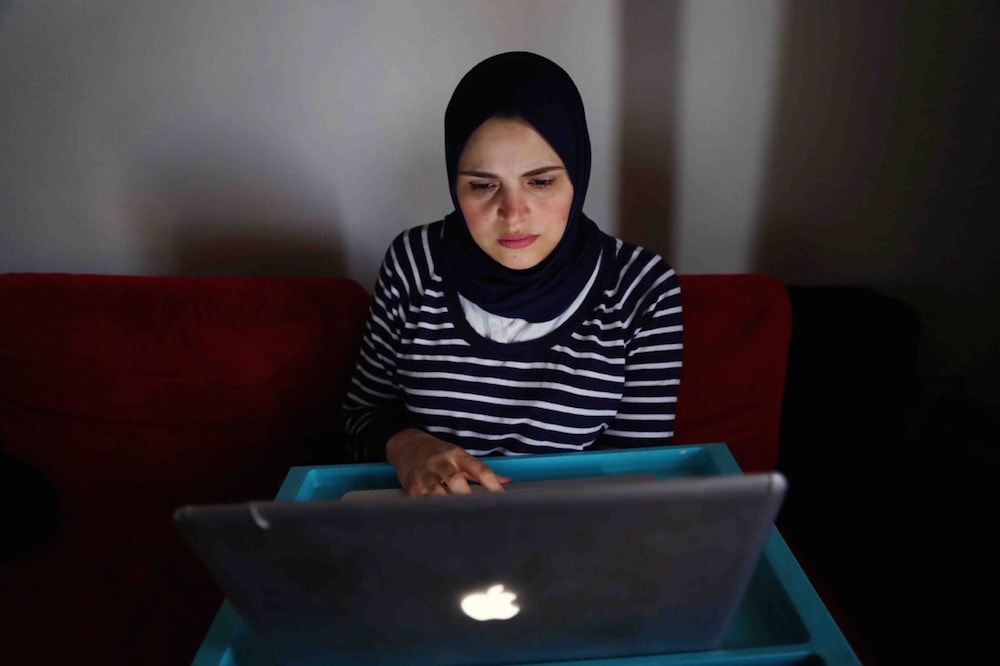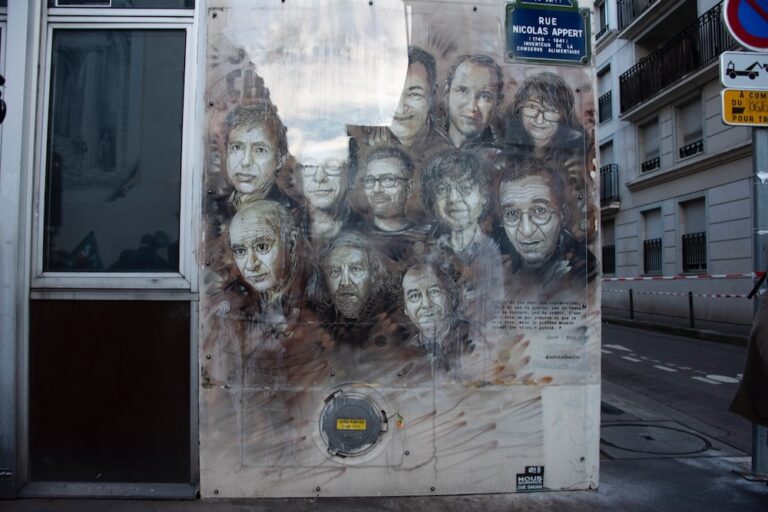Statement on behalf of 12 NGOs during the Interactive Dialogue with the Special Rapporteur on the promotion and protection of the right to freedom of opinion and expression at the 50th Session of the UN Human Rights Council.
This statement was originally published on article19.org on 24 June 2022.
ARTICLE 19 issued this statement on behalf of 12 NGOs during the Interactive Dialogue with the Special Rapporteur on the promotion and protection of the right to freedom of opinion and expression at the 50th Session of the UN Human Rights Council.
We commend the Special Rapporteur for her important report on media freedom and the safety of journalists in the digital age, providing a clear characterisation of the new frontiers for the right to freedom of expression worldwide.
We agree with the Special Rapporteur that the arsenal of legal weapons used to repress the right to freedom of expression has only been revived with a fresh ferocity in the digital age. Worldwide, overbroad and vague legislation is used to systematically silence those expressing dissent or exposing corruption. It is in this context that journalists are increasingly facing strategic lawsuits against public participation (known as SLAPPs) brought by powerful individuals in society to drain them financially and psychologically. All States dedicated to the right to freedom of expression must repeal criminal defamation laws and other repressive legislation. At the same time, they must immediately enact comprehensive procedural safeguards against strategic lawsuits against public participation as outlined in the report.
The digital age has also brought new, complex challenges. The proliferation of surveillance tools has unleashed unprecedented chilling effects on the right to freedom of expression and enabled grave human rights violations against journalists and human rights defenders, urgently requiring a moratorium on the export, sale, transfer, use and servicing of such technologies. The advent of social media has also amplified patterns of abuse and harassment that journalists have long faced offline, particularly women journalists, requiring holistic, gender-responsive solutions.
In the digital age, dominant digital and social media platforms exercise a huge influence over the range of viewpoints that people can access and share online. There is a need for significant reforms to the legal and regulatory environment of these platforms to ensure the development of a free, diverse, pluralistic and independent media landscape.
We urge all States to fully and promptly implement the recommendations of the Special Rapporteur.



